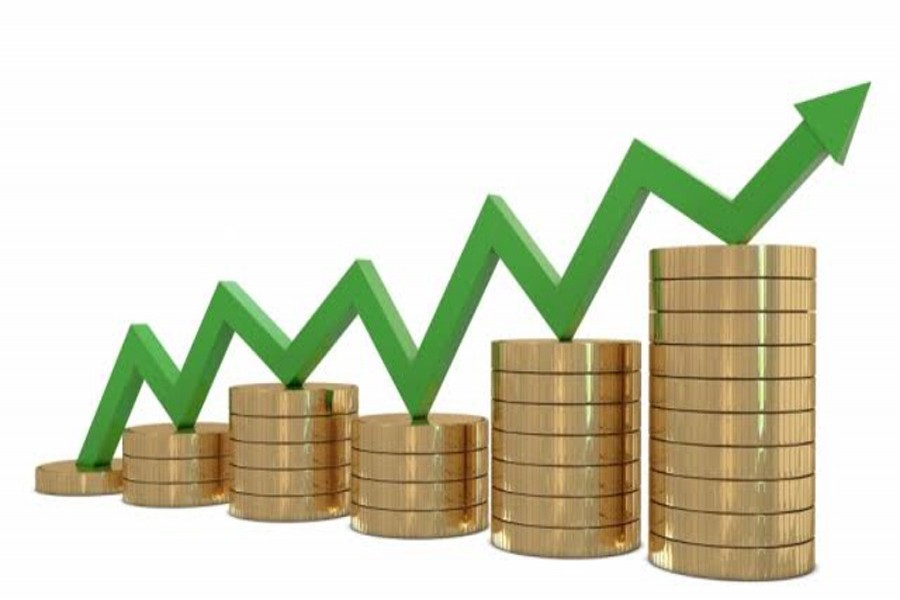JERUSALEM, Sept 17 (Reuters): Israel revised down its second quarter economic growth to an annualised 2.4 per cent on Sunday as a rise in imports weighed.
The economy still accelerated sharply from an annualised 0.6 per cent expansion in the first quarter as a rebound in private consumption overshadowed falling exports.
However, the pace of growth in April-June was less than an initial estimate last month of 2.7 per cent and well below a Reuters poll forecast of 3.2 per cent.
While the Central Bureau of Statistics said on Sunday that imports rose 3.4 per cent in the third quarter, after initially estimating a decline of 1.1 per cent, it also said exports - which comprise more than 30 per cent of Israeli economic activity - fell by 7.0 per cent, not 8.8 per cent as initially estimated.
Israeli policymakers have downplayed the weaker-than-expected second-quarter growth, remaining upbeat on the economy due to a strong labour market.
Minutes of the central bank's Aug. 29 rates discussion showed that monetary policy committee members had expected a downward revision to the GDP data.
"Data that were published indicate a marked gap between growth of domestic uses-private consumption, public consumption, and gross domestic investment-and growth of GDP, and it is likely there will be a subsequent update of the data," the central bank said last week.
Economists expect Israel's economy to grow by about 3.5 per cent this year, slowing from a 4 per cent expansion in 2016.
Private spending rose 6.5 per cent in the second quarter, rebounding from a 1.1 per cent drop in the first three months of the year, while investment in fixed assets rose by 10.7 per cent, led by industries.
The second quarter is the first period since the third quarter of last year to give a clear picture of Israel's economy after one-time effects distorted data from the past two periods.
Growth of 4.4 per cent in the final three months of 2016 was boosted by one-off factors including a spike in sales of vehicles before a hike in purchase taxes linked to a car's carbon emissions at the start of 2017.
This also negatively impacted the first three months of 2017.
The Central Bureau of Statistics said on Friday that consumer prices fell 0.1 per cent in August from a year earlier, after falling 0.7 per cent in July.

- Saturday, 23 November 2024 |
- Today's FE |
- e-Paper |
- Beta Website

